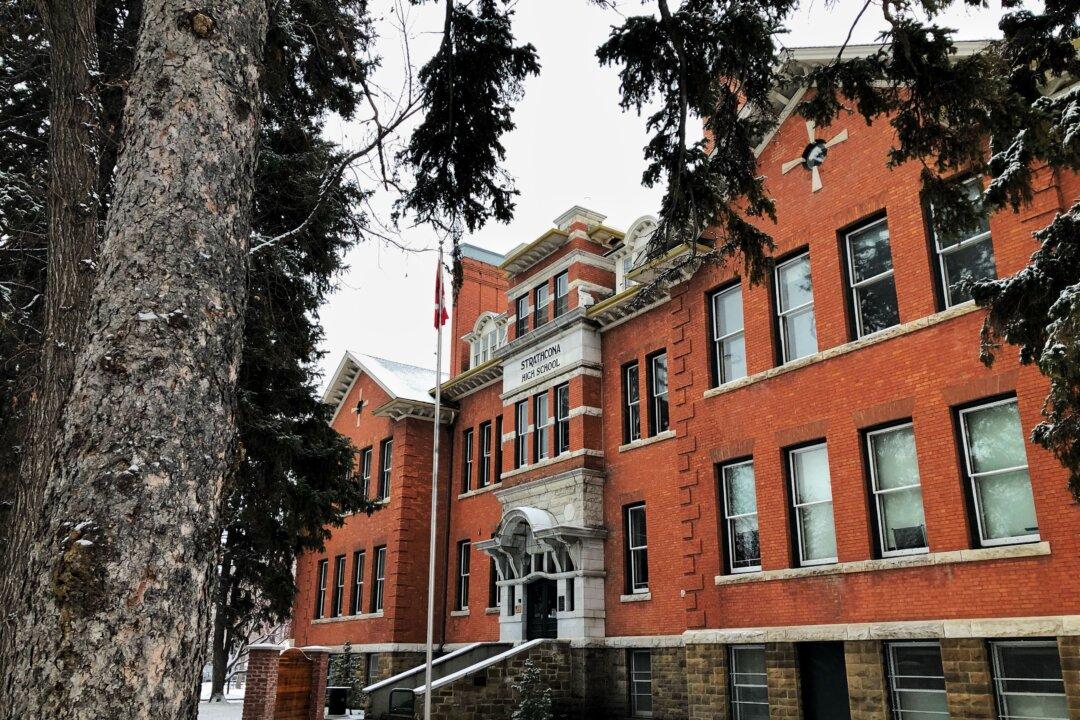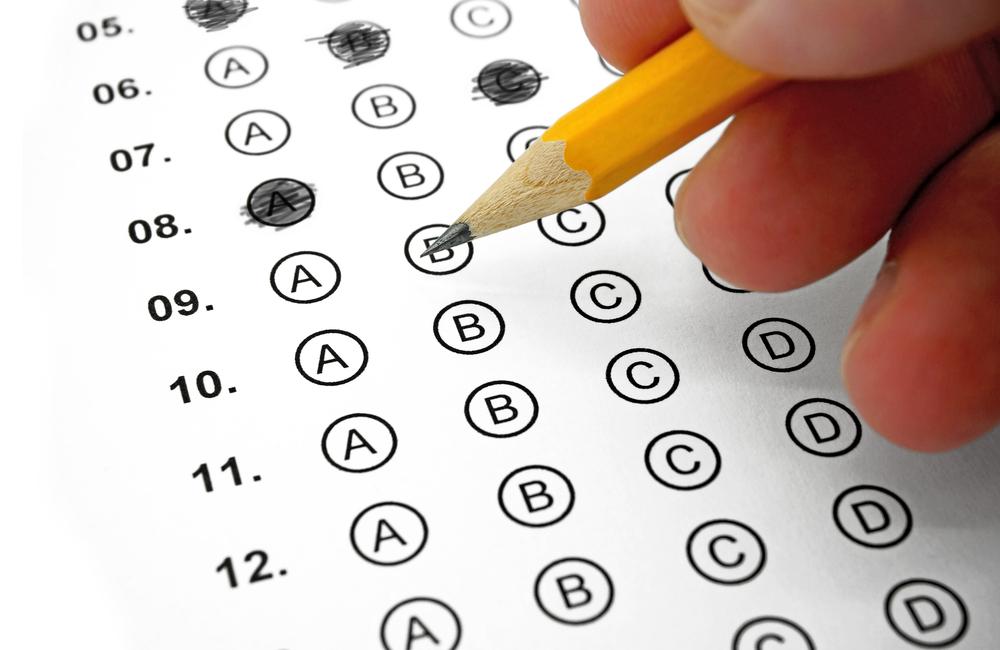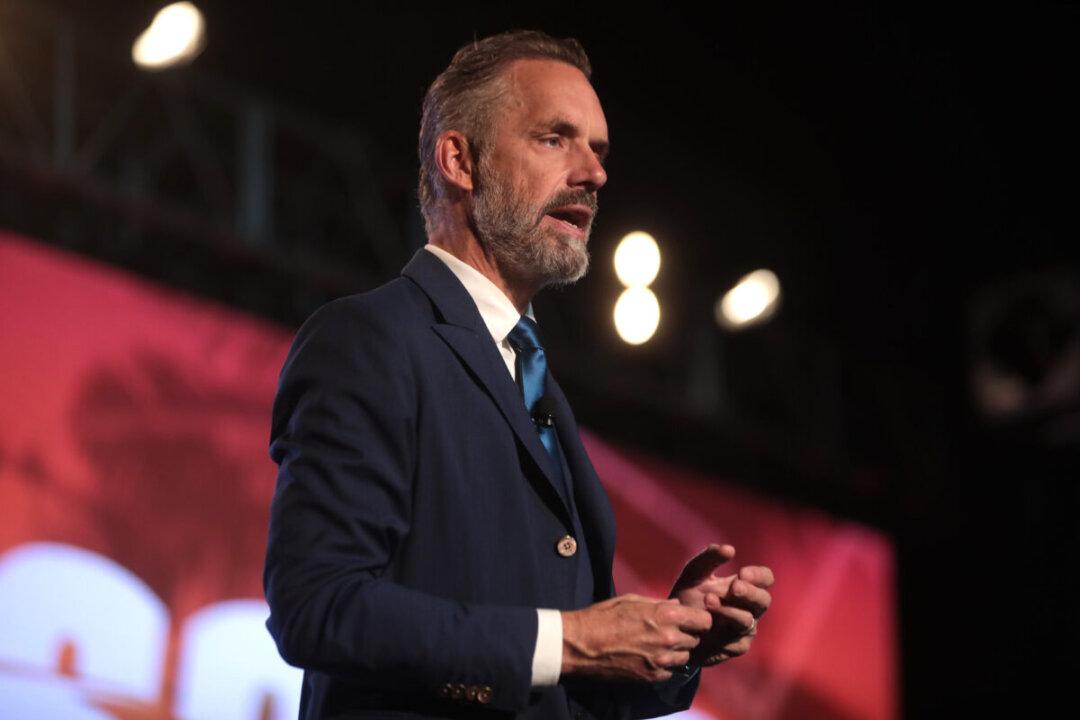Commentary
Alberta is hoping to pilot a new K-6 curriculum soon, and not surprisingly it has upset some parents, the NDP, and the teachers’ union. There are a lot of entrenched interests standing in the way, but hopefully Albertans will see this curriculum implemented. It is guided by the best evidence about student learning and developing critical thinking skills.





